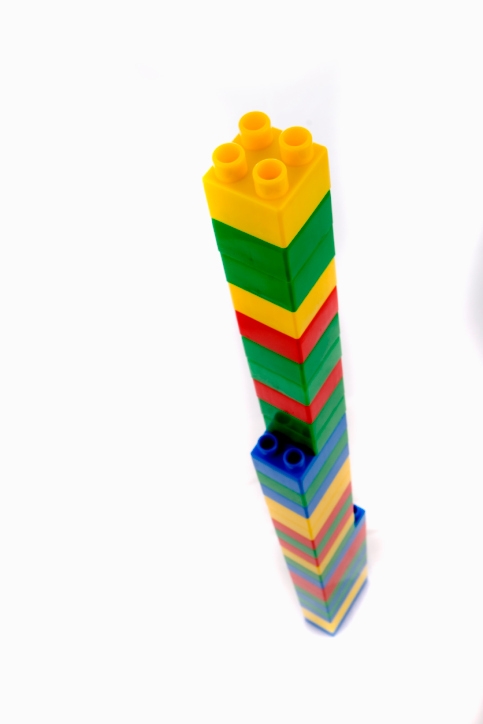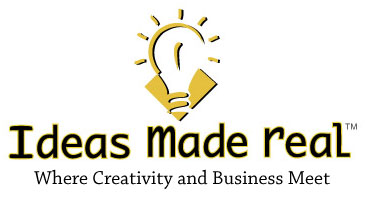
The illiterate of the 21st Century
will not be those who cannot read
and write, but who who cannot
learn, unlearn, and relearn.
–Alvin Toffler
You may remember Alvin Toffler from Future Shock, or perhaps you were introduced to his work afterward. I think that unfortunately problems of literacy in the way we’re used to thinking about it will be around for a while.
But Toffler’s observation is still important. He’s a futurist, expert at predicting what’s likely to happen based on current trends. Just as once upon a time we learned to stand in line (at college orientation, in the store, even waiting for trains–which always seems inherently funny, to me) because that was the way you had to do it, the constant changes in technology we live with have taught us to get up to speed on a new device while knowing it will be obsolete soon.
How does this relate to creativity? When faced with a challenge, it’s easy to reach for a ready-made solution: something you’ve done before, something someone else did, or what someone tells you to do.
But many times that just doesn’t work. Let’s talk about pot roast.
A young woman has watched her mother make the family pot roast, year after year, always cutting off a piece at the end “because that’s how Great-Grandma did it.” She finds it charming, but is also curious by nature. Great-Grandma has long since gone on to the great dinner in the sky, but our friend decides maybe Grandma, who had grown up watching her mother in the kitchen, could shed some light on the deeper meaning of the pot roast ritual. Off she goes to the nursing home, where she finds Grandma and gently asks her the origin of this way of making pot roast that has been passed down from generation to generation.
Grandma smiles. “That’s the only way it would fit in the pan.”
The ready-made solution wasn’t always ready-made. Once upon a time, somebody had a problem to solve, just like you and me, and came up with a solution, probably never dreaming someone would actually try to mass-produce it.
“The problem isn’t that we get into ruts,” I once heard a man say, “but that we move in and furnish them.”
Instead, as Toffler says, we need to “learn, unlearn, and relearn.” One of my friends,
a ceramic artist, told me that to master the art “you have to learn to break pots.” When you see that a solution doesn’t work, it’s time to try another one. It’s time to reach for
the Legos.
Legos?
Legos. Watch children play with them sometime. They build something, take it apart, build something else. They may want to show you the structure they built, but most won’t want it to stay that way forever. They’d rather build something new. Zen monks with their sand paintings have nothing on your average kid with colored blocks.
So do we need to do something different each time? Are we supposed to reinvent the wheel? Hardly. We can test a ready-made solution, for starters, as long as we’re willing to ‘fess up if we see it doesn’t work and set about finding something that will.
I had to learn this lesson again when I created a contest (two, actually) to celebrate this very website. I had a certain model in mind: you create a contest, people enter, and you pick the winner.
Simple, right?
It sure seemed that way. But then, on the day we were going to do the drawing for the first contest, new information emerged in the form of a Mashable article saying, among other things, “Here are the rules for having contests on Facebook.”
The contests didn’t conform to Facebook’s rules. What to do? The competition had been opened, people had entered it and, when the cutoff for entries had been reached, I had announced that the competition was closed. Only after all of the above had happened did the Mashable article appear.
So we held the drawings. If you were among those who entered, be sure to check your mailbox for the results.
Will there be more Ideas Made Real contests? Sure thing. These contests generated quite a bit of interest in the new website and the Facebook page and introduced Ideas Made Real to some great new people.
How will you find out about said contests in the future? Watch the Ideas Made Real Facebook page for stories about creativity in the arts, sciences, and business. And feel free to post some of your own. It might be a story on the Ideas Made Real page or something in the news that provides the fodder for the next contest. Check this blog for contest details. Facebook may be referenced in contests, but you won’t need to “like” the page or make a comment to enter.
For now, let’s go back to Toffler. Think of a challenge you faced that was more complicated in the end than it seemed at first glance. Did you reach for a ready-made solution? Did it work? What did you learn in the process of solving the problem? Was there anything you had to unlearn? Relearn? And what did you learn about yourself
as you did?
©2012 Laynie Tzena. All Rights Reserved.




No comments yet.